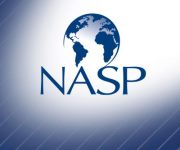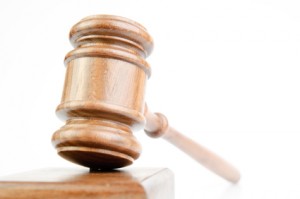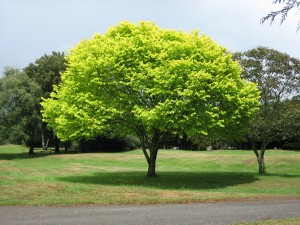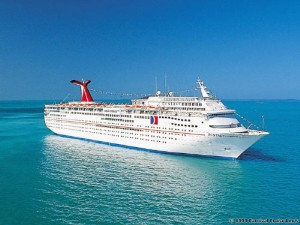 Equitable Subrogation in Virginia
Equitable Subrogation in Virginia
Subrogation is the legal process in which an insurer can step into the shoes of their policyholder to recover damages from the third party responsible for the loss. Equitable subrogation is based on equity, or fairness, as defined by the Virginia Supreme Court in Xl Specialty Ins. Co. v. Dept. of Transp., 611 S.E.2d 356, 269 Va. 362 (Va, 2005):
Equitable subrogation is subrogation that arises by operation of law. It is not based on contract or privity of parties, but is “purely equitable in nature, dependent on the facts and circumstances of each particular case.” Centreville Car Care, Inc. v. North Am. Mortgage, 263 Va. 339, 345, 559 S.E.2d 870, 872 (2002) (quoting Federal Land Bank of Baltimore v. Joynes,179 Va. 394, 402, 18 S.E.2d 917, 920 (1942)). When a principal defaults on a contract guaranteed by a performance or payment bond and the surety performs on the bond, principles of surety law and the doctrine of equitable subrogation impose certain rights and duties running between the surety, principal, and obligor, and allow the surety to enforce such rights and duties. See Dickenson v. Charles, 173 Va. 393, 400, 4 S.E.2d 351, 353 (1939) (quoting Kendrick v. Forney, 63 Va. (22 Gratt.) 748, 749-50 (1872)); Fulkerson v. Taylor, 100 Va. 426, 432,41 S.E. 863, 865 (1902); Restatement (Third) of Suretyship and Guaranty § 27 (1996).
Equitable subrogation arises from the common law and can work against the insurer conducting business in Virginia. For instance, where the Virginia policyholder has uninsured losses and recovers a judgment against the tortfeasor that does not equal the amount of total loss suffered by the insured, then the insurer cannot recover against the third party.
Contractual Subrogation in Virginia
The key difference in Virginia between equitable subrogation and contractual subrogation is that judges ultimately decide the outcome of an equitable subrogation action, while the language and intent of the parties control the outcome in a contractual subrogation case. It is imperative for the parties to a subrogation case to understand the language of the insurance contract and how it affects subrogation rights. For instance, insurance contracts can be written to give the insurer first right of subrogation, which cuts off most equitable subrogation worries. Virginia subrogation attorneys would be wise to discuss contract provisions with clients operating in Virginia.
Editor:
Justin McLeod, Esq.
Associate
Chaplin & Gonet
 There are some great events coming up for NASP members who are eager to sharpen their subro skills. We have compiled some links to the flyers for you below if the webinar or event interests you:
There are some great events coming up for NASP members who are eager to sharpen their subro skills. We have compiled some links to the flyers for you below if the webinar or event interests you:





 Equitable Subrogation in Virginia
Equitable Subrogation in Virginia Virginia subrogation attorneys need to familiarize themselves with the ways HIPAA compliance and General District Court discovery, namely the subpoena duces tecum, interact and ultimately impact healthcare subrogation practices in Virginia. By addressing whether a subpoena duces tecum request is both served properly and is HIPAA compliant, the Virginia healthcare subrogator can avoid any ethical or procedural pitfalls.
Virginia subrogation attorneys need to familiarize themselves with the ways HIPAA compliance and General District Court discovery, namely the subpoena duces tecum, interact and ultimately impact healthcare subrogation practices in Virginia. By addressing whether a subpoena duces tecum request is both served properly and is HIPAA compliant, the Virginia healthcare subrogator can avoid any ethical or procedural pitfalls.